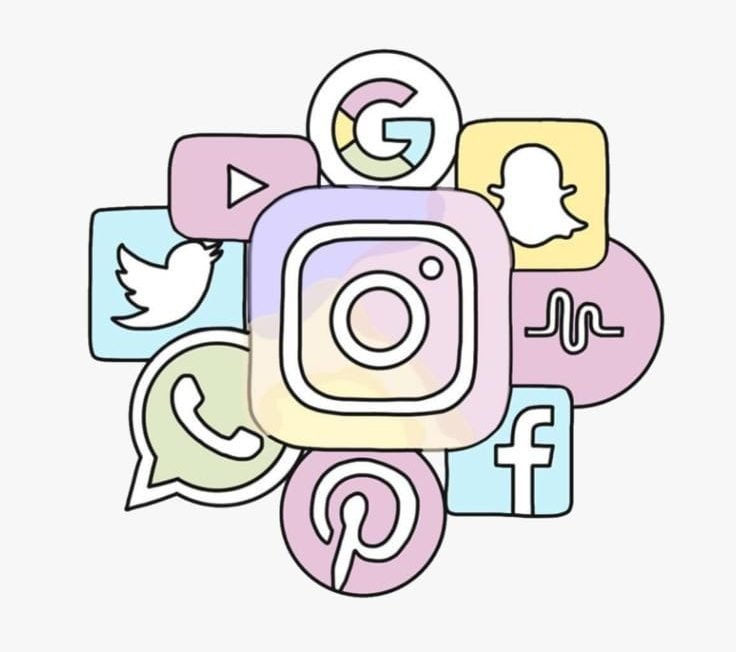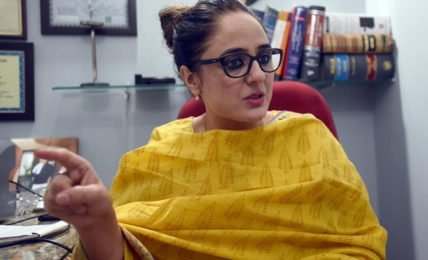WILL SOCIAL MEDIA BE BANNED?
The Information Technology ( Intermediary Guidelines and Digital Media Ethics Code Rules ), 2021 was notified on February, 25. These rules will come into effect from 26 May, 2021 and if any social media company doesn't obey they may loose their status and protection accorded to them under section 79 of the information technology act which gives them an intermediary status and may become liable for criminal action based laws of the land.




